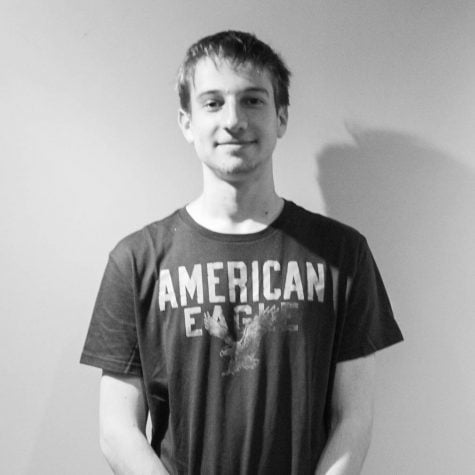Is Guilford College on its way to becoming Guilford University?
On March 30, a faculty committee approved a Master of Science program in Criminal Justice to begin in the fall of 2017.
“There are only positives for this program,” said Chair of the Justice & Policy Studies Department Barbara Lawrence in an email interview. “Not only (will it) enhance the knowledge base of people interested in careers in criminal justice, it will also expose them to learning about and raising public awareness about policing and incarceration in America, engage diverse perspectives on criminal justice that include its connection to (race), class and other socioeconomic disadvantages and inject into the public conversation a discussion of policy analysis and alternatives.”
The new degree was created to satisfy the increasing demand for a criminal justice graduate program, especially in the Triad area, and to increase enrollment and bring money to the College.
“The departmental faculty thought (the establishment of this program) was a great thing for our current students and for our police officers out in the field right now,” said Associate Professor of Justice & Policy Studies Will Pizio. “There are (also) no other in-house criminal justice master’s programs within seven miles.”
The creation of such a program raises the question of staffing. According to its proposal, “the current level of staffing is problematic for the undergraduate Criminal Justice program.” Because the department is short-staffed, the College will need to hire more professors within the next few years.
“We hope we have a staffing problem,” said Pizio. “We hope we have more students than we can handle, so we have to hire more faculty.”
Graduate students will take courses separately from undergraduate students, but because there are not enough professors, certain 500-level courses like JPS 512: Environmental Crime and JPS 520: Theories of Punishment will be cross-listed with 400-level courses.
“Let’s say, for instance, we have a 400-level class that we teach and that we want our seniors in that class,” said Professor of Justice & Policy Studies Jerry Joplin in a phone interview. “We may have a similar kind of class that we’d also teach on the graduate level. So we’d teach these things simultaneously and expect more from the graduate students in terms of, perhaps, the number or lengths of papers.”
A capstone feature of the program is the student’s choice between writing a final thesis and participating in a problem-solving practicum. Those who wish to continue their education to receive a Ph.D would choose the thesis option and those who want to work in the field straight away would go for the problem-solving practicum.
“The problem-solving practicum is an application course that is designed for students to use an actual community/institutional issue and work on addressing the problem, utilizing concepts and analysis from coursework,” said Lawrence.
Students seem to think positively of the new addition, praising the opportunity for higher-level education and the possibility of raising money and increasing enrollment for the College.
“(The addition of this new masters program) is awesome,” said senior Tesia Burton. “I think it allows for expansion within the Guilford community, especially for people looking to further their education. I think it could enhance and improve Guilford’s enrollment too. In addition, it would bring in new perspectives and create an additional stream of revenue.”
Although criminal justice is currently the only master’s degree that will be offered at Guilford, next year students will be able to major in new academic disciplines including sustainable food systems, user experience and design and cyber and network security.
Despite this move forward, Guilford does not want to become something it is not and hopes to continue its aim as a liberal arts institution.
“As befits our commitment to undergraduate education, Guilford College should not become Guilford University,” reads the Faculty Statement on Graduate Programs. “We are proud to be an undergraduate liberal arts college, without desire or ambition to become something else.”







